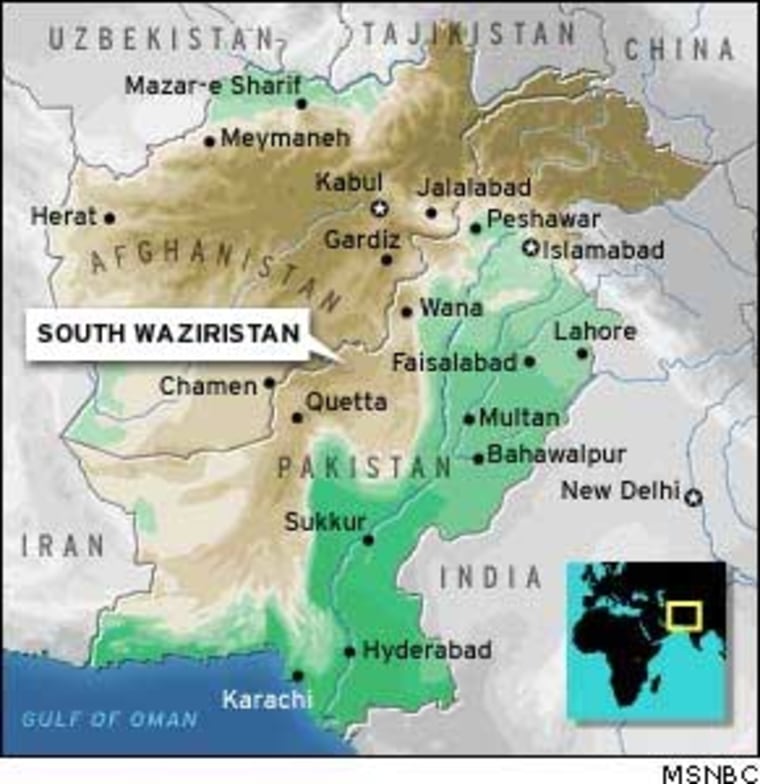An Afghan aid worker and his driver have been killed by unidentified gunmen in southeastern Afghanistan in the latest attack on humanitarian agencies which have been increasingly targeted by Islamic militants.
A field officer working with a partner organization to the U.N. High Commissioner for Refugees was shot dead in the attack on Tuesday on a road between Gardez, south of Kabul, and the nearby town of Zormat, a UNHCR spokesman said on Wednesday.
His driver was seriously wounded and later died after being airlifted to the U.S. military base at Bagram north of the capital, said Mohammad Nader Farhad.
More than 30 aid workers have been killed in Afghanistan since the beginning of 2003, most of them by suspected remnants of the ousted Taliban militia who have vowed to halt humanitarian work and derail elections planned for October and April.
The Medecins Sans Frontieres agency announced last week it was leaving Afghanistan after 24 years because of concerns over security. Five of its staff were killed in an attack in the northwest of the country in June.
Up to 70 militants killed
On Tuesday, military officials said as many as 70 militants were killed in a daylong battle against Afghan troops backed by U.S. warplanes near the Pakistani border.
An Afghan commander said government forces heard militant radio messages in Arabic and the Chechen language, suggesting al-Qaida fighters were involved.
“We could hear the enemy,” said Gen. Nawab, an Afghan commander who uses one name. “I’m sure there were foreigners involved.”
Only two Afghan soldiers were reported killed in the fighting, an indication of the militants’ vulnerability to American air power.
The battle began at about 2 a.m. Monday, when dozens of militants armed with rockets, mortars and machine guns hit a border post in Khost province, a former al-Qaida stronghold 120 miles south of the capital, Kabul.
Aerial assault
The U.S. military said it sent a B-1 bomber, A-10 ground-attack aircraft and helicopter gunships and flew in Afghan reinforcements, eventually forcing the assailants to flee “in panic.”
U.S. spokesman Maj. Rick Peat said pilots reported seeing 40 to 50 bodies on the battlefield near the mountainous Pakistani border. Several wrecked vehicles were also spotted.

Nawab put the rebel toll as high as 70, saying the militants had dragged away many dead and wounded as they retreated into Pakistan. Afghan forces recovered only 10 bodies, he said.
The U.S. military said one of more than 100 Afghan soldiers involved in the fighting was killed and three others were wounded. However, another Afghan commander, Khial Baz, said two of his men died.
Peat said no U.S. ground troops were involved.
The death toll appeared among the heaviest since the aerial poundings of Taliban troops by U.S. planes before the hard-line regime folded in late 2001, and confirms a surge in violence ahead of the October presidential elections.
Assaults led by U.S. Marines in a Taliban stronghold in southern Afghanistan in May and June killed more than 100 militants, commanders have said, but it was unclear how many fell in a single engagement.
“The coalition and Afghan security forces continue to reap outstanding results” against militants, a U.S. statement said, “refusing to allow them to gather enough strength to affect progress toward a democratic government in Afghanistan.”
Border refuge
Khost borders Pakistan’s Waziristan tribal area, where officials in the Pakistani capital, Islamabad, say hundreds of foreign fighters have found refuge among sympathetic Pashtun tribesmen, the same ethnic group from which the Taliban draws its main strength.
Pakistani troops have mounted a string of operations to crush the militants, sparking battles that have left scores of dead this year. American officials said recently they had no firm fix on the whereabouts of al-Qaida leaders Osama bin Laden and Ayman al-Zawahri, who could have found refuge in the area.
Peat said it was unclear if the attack in Khost was a response to that increased pressure or to a spate of arrests of suspected al-Qaida members in Pakistan.